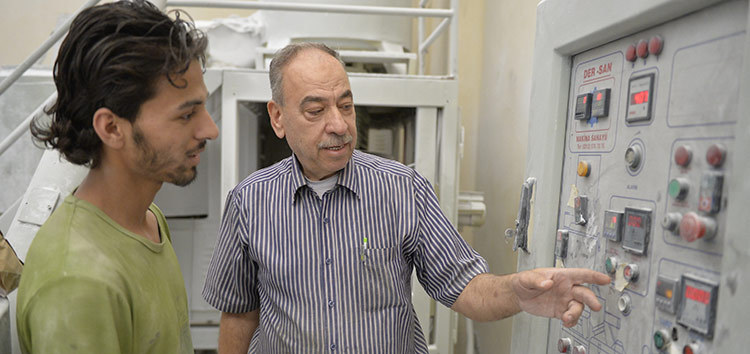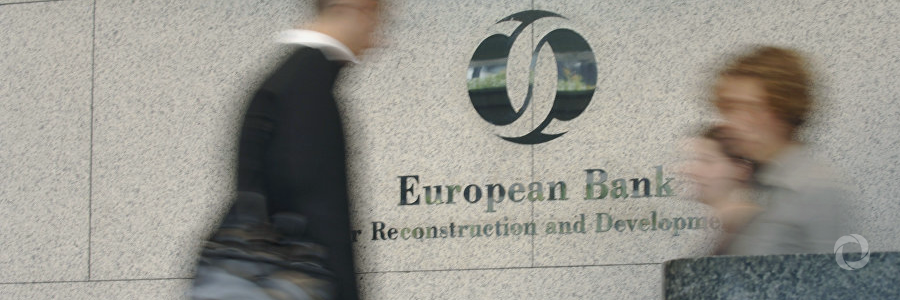Uprooted by the war in Syria, the Al Harsh family has relaunched its business and created new opportunities for themselves and others in Jordan, the country where they have found refuge.
ToubaPlast, a company producing plastic and PVC pipes, was on the road to success back in Syria, selling their products on to building contractors. But the outbreak of war in 2011 forced them to abandon their former lives and move to neighbouring Jordan.

The Al Harsh family settled in and proved to be resilient entrepreneurs, capitalising on their extensive experience, knowledge and skills to re-establish production in their new setting. Moreover, to help integrate fellow refugees in their host communities, the Al Harsh family employs both Syrians and Jordanians, with plans to enlarge and bring on board many more talented people in the future.
However, the family also faced problems, including a liquidity shortage in the first months and a depreciating Syrian pound.
“Access to finance is by far the main obstacle challenging the overwhelming majority of Syrian SMEs who are looking to start a business in Jordan, with no credit history in Jordan,” Mr Ghaleb Al Harsh, one of ToubaPlast’s managing directors.
The EBRD has stepped in to help such small businesses in Jordan increase their access to finance and know-how with a Micro, Small and Medium-Sized Enterprises (MSMEs) Framework worth US$60 million and targeted at promoting growth and competitiveness.
Under this initiative, ToubaPlast received a loan of JOD 150,000 (equivalent to over US$ 200,000) from the EBRD through Capital Bank. This was used to cover the costs of starting a new production and salaries of new employees.
Thousands of micro and small businesses across Jordan are to benefit from this credit line, established in partnership with four local banks: Cairo Amman Bank, Bank Al Etihad, Capital Bank and Jordan Ahli Bank as well as MicroFund for Women, in sectors spanning from manufacturing and agribusiness, education and construction.
Source: EBRD. Read full article here.
20 June, 2017

